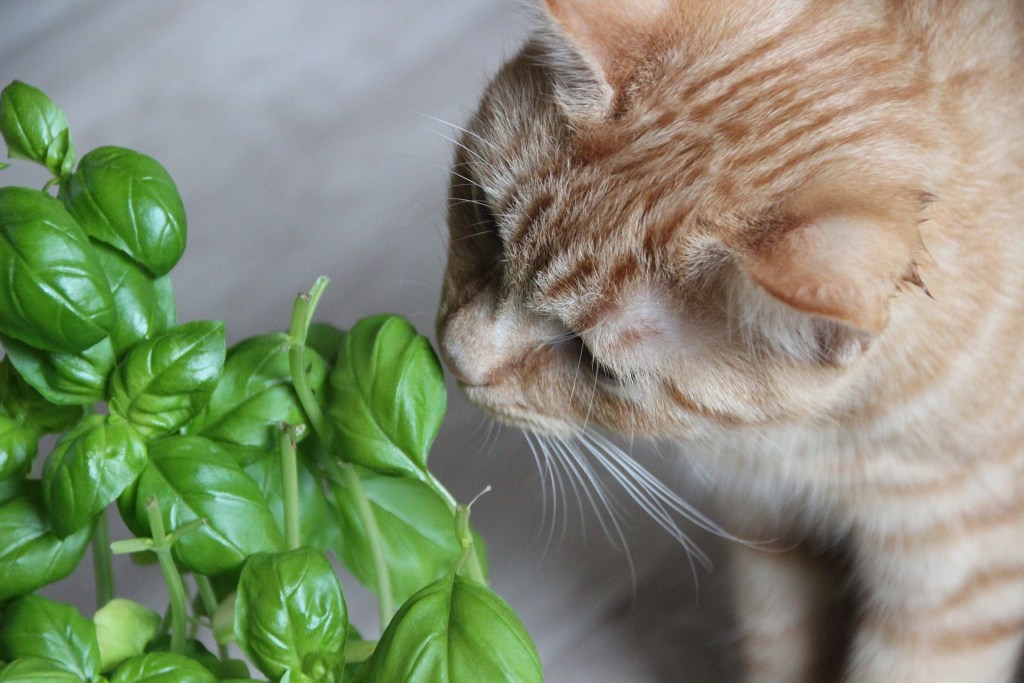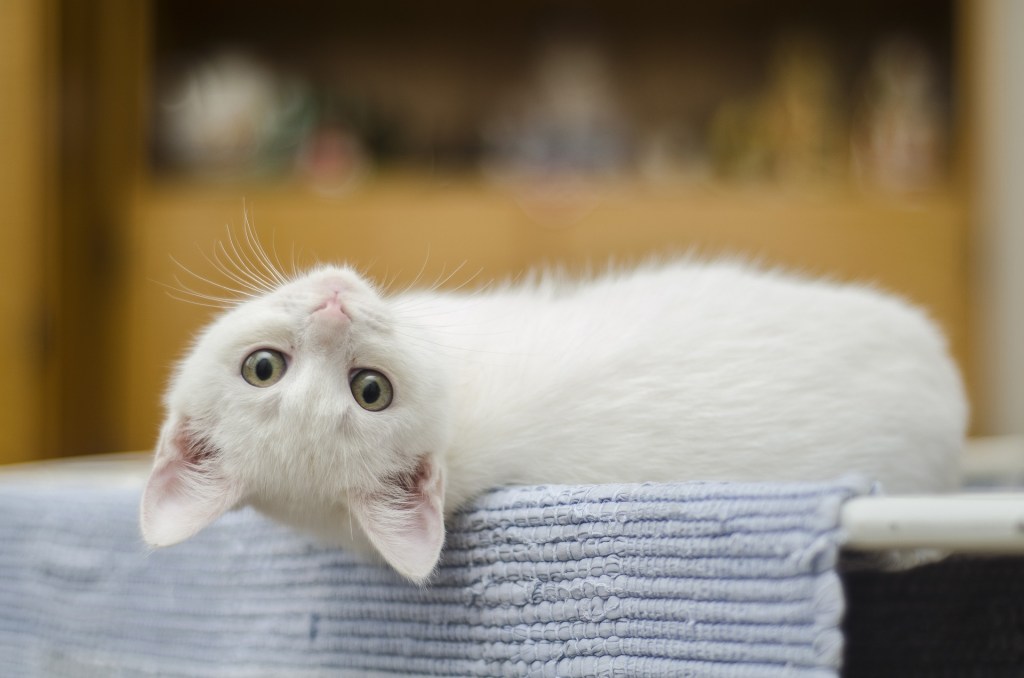There’s an old saying that curiosity killed the cat—which isn’t true at all. In fact, your cat’s natural curiosity plays an important role in helping to keep him safe. If you’ve ever seen your cat investigate new items you’ve brought home, check out a new family member, or explore a new space, then you’ve probably seen how he uses all his senses to learn about what’s changed in his environment. But why are cats curious? Your cat isn’t doing this just because he’s fascinated—there’s a scientific explanation behind your cat’s intense curiosity.

Why are cats curious?
According to the Cat Behavior Alliance, there’s a perfectly logical explanation behind your cat’s curiosity. Your cat’s interest in exploring his environment is driven by his instinct, and that instinct helps your cat to survive and stay safe.
In the wild, cats have had to keep themselves safe from predators. One of the best ways to do that is to be aware of potential predators and threats, but that requires vigilance—and curiosity. As a result, cats have learned to observe and investigate everything, particularly changes in their environment that could threaten their safety.
While domesticated cats don’t have to work so hard to protect themselves, those instincts persist and have made your cat inquisitive. That’s particularly evident when elements in your home change, like when you bring out a suitcase to pack or when you come home with bags of groceries. Your cat immediately starts investigating these objects to make sure they aren’t a danger to him.
Your cat’s curiosity also connects to his prey drive, or his instinct to pursue and capture prey. If you’ve ever watched a cat on the hunt for a mouse, you’ve seen him investigate and search through leaves and blades of grass in pursuit of his prey.
How cats are made for curiosity
If you look at your cat’s body, you’ll see that he’s built for exploration. The Cat Behavior Alliance explains that multiple physical features help your cat to observe and monitor the world around him. His ears are sensitive, so he’ll hear others move around in the home. Cats also have a strong sense of smell, which enables them to gather information about who is present in a room. Additionally, your cat’s whiskers detect vibrations in the air, alerting him to changes in his surroundings.
Your cat uses all these sensory features to get a clear picture of what’s happening around him and what may be changing. He’ll be the first to know if someone is at the door or if someone has just entered a room, and that knowledge helps him to make sure he’s safe.

How you might notice your cat’s curiosity
Your cat’s curiosity can lead to many fascinating behaviors. Some behaviors that you might have assumed are quirks may actually be driven by your cat’s natural curiosity.
The Metropolitan Veterinary Center explains that your cat’s habit of knocking things off counters is one such behavior. This behavior isn’t necessarily vindictive or done to frustrate you. Instead, it’s likely driven by your cat’s prey drive, and he might also be trying to get your attention.
Your cat’s curiosity can prompt other behaviors, too. He might intently investigate the grocery bags you’ve just brought home or rush into a closet to check out the space when you open the closet door. Your cat might also climb up onto higher surfaces in your home, like a cat tree or even the top of the fridge, which gives him a better vantage point from which he can observe his surroundings.
Curiosity is a natural part of any cat’s life, and you can support his instincts to investigate by providing him with a selection of toys and accessories. If you don’t have one already, consider getting your cat a cat tree that lets him climb up high and watch all that’s happening around him. Curious cats often appreciate a window seat that makes it easy to watch everything that’s happening outside too. Your inquisitive cat might also enjoy playing with puzzle toys or exploring new objects like boxes and bags. Keep in mind that your curious cat can get into trouble as well, so make sure that you keep any potentially dangerous items like cleaning chemicals safely out of his reach.


